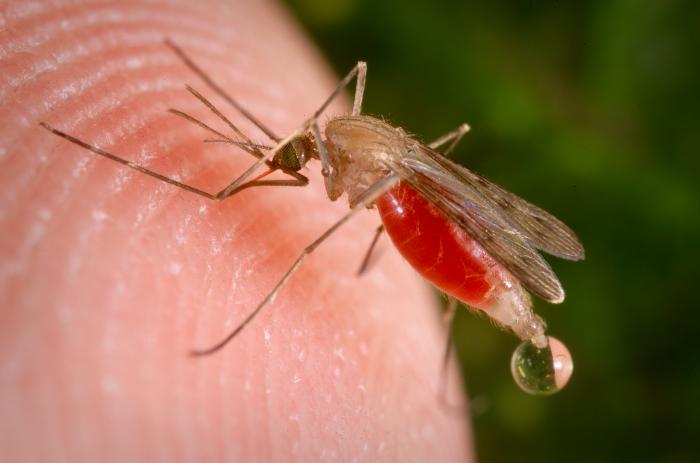During the past five years, an average of one locally acquired case annually of malaria has been reported in Cabo Verde, or Cape Verde.

In 2017, between 30 June and 30 July 2017, 45 indigenous cases and one imported case were reported, all in the capital city of Praia, Santiago Island.
More than half the cases are reported in adult males. The causative agent has been confirmed as Plasmodium falciparum using both microscopy and rapid diagnostic tests (RDTs).
Machu Picchu: Save now on selected multi-day treks!
Preliminary investigations have attributed the recent increase in local transmission to several factors, including suboptimal vector control strategies, possibly coupled with inappropriate use (incorrect dilution) of a new insecticide introduced into the country in November 2016; the unauthorized installation of a rice paddy field in the affected area; and an increase in mosquito breeding sites within construction zones of a shopping centre and houses. The local authorities are in the process of removing the paddy field as further investigations are ongoing.
Cabo Verde is a low malaria transmission country, eligible for elimination of the disease. With limited underlying immunity, all people (irrespective of their age group) are at risk of infection and of developing severe disease.
Related:
- Salmonella outbreak: More papayas recalled
- Vaccine refusal: What’s behind it and how we become better ambassadors for vaccination
- Vietnam dengue news: Emergency declared in Ha Nam, Hanoi outbreak
- CDC awards $32 million to states and cities to improve outbreak investigations
- Ontario: Hamilton reports increase in Legionella cases
- Salmonella outbreak linked to papayas: Case count tops 100




One thought on “Cape Verde: ‘Sudden and unprecedented increase’ in malaria in 2017”